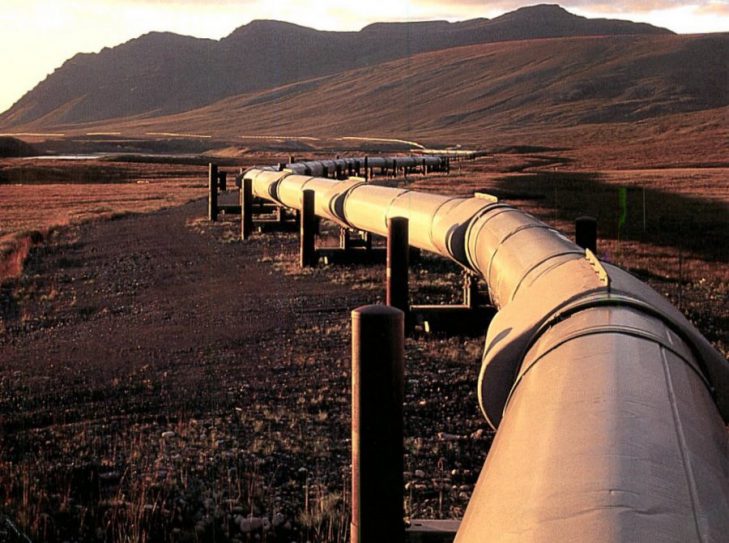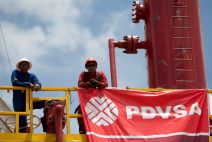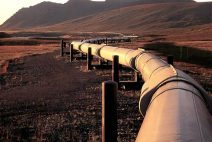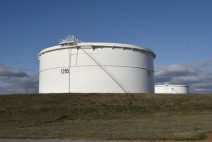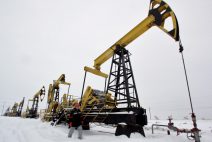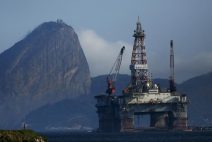Canada’s Prime Minister Mark Carney signed an agreement with Alberta — a province rich in oil — to build a new pipeline.
The decision clashes with Ottawa’s commitment to fight climate change.
The memorandum of understanding outlines a plan for a pipeline running from Alberta to the Pacific coast to boost oil exports to Asia, in line with Carney’s goal of expanding foreign trade to offset the impact of the trade war launched by U.S. President Donald Trump.
“The priority of the agreement, of course, is to have a pipeline to Asia,” Carney said before signing alongside Alberta Premier Danielle Smith.
The deal marks a clear shift by Carney’s Liberal Party from the policies of former Prime Minister Justin Trudeau.
Relations between Alberta and Ottawa had become strained under Trudeau. Smith repeatedly accused the former prime minister of stifling Alberta’s economic growth potential through what she called radical pro-climate policies.
Carney, who grew up in Alberta, is seeking to rebuild relations with Smith and aims to position Canada as an energy superpower.
But he now faces accusations of betraying Canada’s climate commitments, including from within his own party.
Before entering Canadian politics earlier this year, Carney served as the UN’s climate envoy. He insisted the project will also make Canada’s oil sector “more sustainable.”
“We will do this in combination with the Pathways Project, which will be the largest carbon-capture project in the world,” he said.
The UN’s Intergovernmental Panel on Climate Change (IPCC) states that carbon capture is one option to reduce emissions, though critics view it as an excuse to continue burning fossil fuels.
Actual construction of a new pipeline remains far off. A formal proposal must be ready by July 2026.
The memorandum includes consultation with Indigenous groups and Indigenous co-ownership of any infrastructure.
However, First Nations and other Indigenous communities oppose large-scale oil projects.
A pipeline would also need to pass through British Columbia, the west-coast province governed by a progressive faction that has distanced itself from the agreement.
